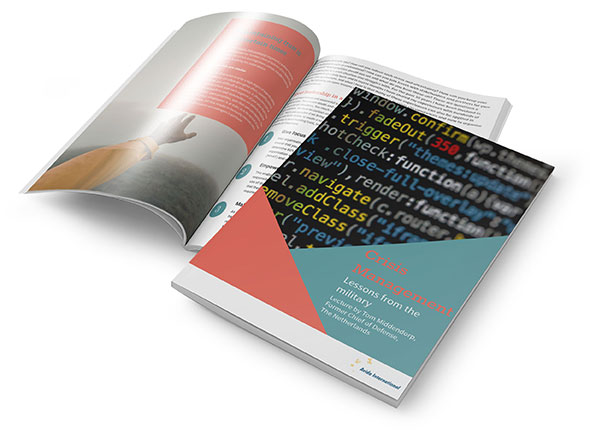Avida International together with Arabesque recently had a roundtable on the pertinent topic of ESG and data reporting. In a blog last week we looked at how quality, consistent ESG data can help Trustee boards make informed strategic decisions. The Roundtable also raised an importance point about the necessity of creating one set of ESG standards which can be applied across all markets. This area will be explored in this blog.
The current situation
Currently there is a problem with the alignment between the reporting side of ESG data and the ESG objectives of asset owners. For example, there might be good (but inconsistent) reported data in public markets but a lack of reported data within private markets. This is not helpful for investors with significant investments in private markets, as it means they are unable to set consistent objectives across their entire portfolio.
This situation is arguably caused by an agency problem which exists within the ESG data market today. This is because the interests of data providers do not always align with asset owners. For example, they might only report what makes them look the best in the markets they are most proficient in and use models with various underlying assumptions to augment this dataset. So how can you ensure consistent reporting across an entire portfolio?
The solution
The clear solution to this problem of inconsistency is to create one set of reporting standards which applies to all markets and all companies, public and private.
Regulation helps in this respect, but generally only covers public markets as far as companies are concerned. So, the crux is to force disclosure down the chain by requiring asset managers and asset owners to report consistently across their investment portfolios, including private market investments. The Task Force on Climate-related Financial Disclosures (TCFD) helpfully requires reporting across an entire portfolio and not just on public markets holdings. This will in turn help to ensure one reliable taxonomy.
One of the most positive things out of COP26 (regarding this area) is the creation of the International Sustainability Standards Board (ISSB). The ISSB standards will help to create universal standards for companies to report on factors relating to their ESG impact. This will hopefully pave the way for unified and trusted data reporting, and therefore can only be seen as a good thing.
Companies must be in control of their data so that information relating to their ESG impact can be scrutinised. This will encourage ownership and accountability over ESG data (and for example show the impact of their business on climate metrics). It will also enable comparison across companies and sectors and show those who have successfully integrated ESG principles into their approach. Finally, a standardised set of reporting metrics will help to solve the agency problem, as data providers will no longer be in control of a company's data (e.g. through untransparent assumptions) and no longer report what they want to report.
Fundamentally, asset owners can only set objectives across their entire portfolio if they can rely on a consistent set of reliable data! Transparency is once again essential in ensuring asset owners can set broad ESG objectives. This transparency is dependent on the creation of a single set of ESG standards, as it will make sure companies and providers report on a consistent set of criteria.
The ‘Spotify’ of ESG data?
Arabesque have designed a free ESG cloud platform based on the ESG data of around 8,000 public companies (plus a growing number of private companies) which provides raw unfiltered data and ratings. The platform also enables companies to disclose data directly on platform and allows engagement between businesses and investors. This amount of data means that investors can concretely see the direction of ESG investing across their entire portfolio in a consistent manner and this in turn allows standardised reporting which can then be used for investment decision making and the setting of strategic sustainability targets.
If you would like to know more or be put in touch with someone from Arabesque, then please get in touch with us.
Here is a link to the website of Arabesque's ESG book




